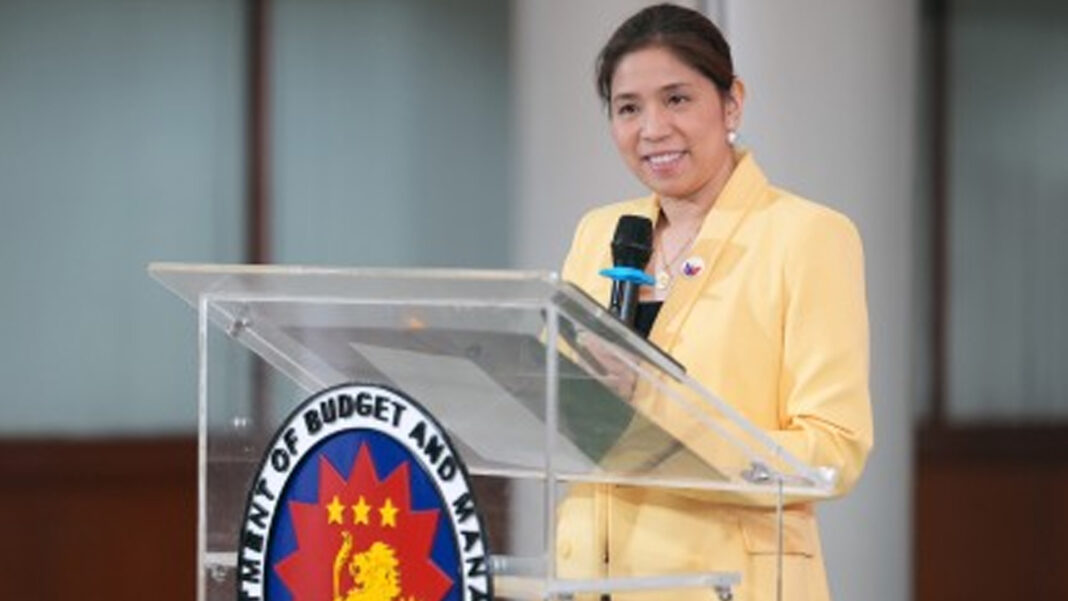Department of Budget and Management (DBM) Secretary Amenah Pangandaman on Tuesday underscored the importance of gender-responsive budgeting as a key driver of inclusive and sustainable development.
During the opening of the three-day Philippine Conference on Women, Peace and Security (WPS) at the Philippine International Convention Center, Pangandaman said the DBM is ensuring that every national budget reflects the diverse needs of women and girls.
“The issues and challenges surrounding WPS touch every sector of society, reminding us that our path forward must be inclusive and collaborative. By listening to and learning from diverse experiences and perspectives, we can develop a truly holistic and inclusive approach to advancing our WPS agenda,” Pangandaman said.
“At the national level, our goal is to ensure that WPS is not merely included in our priorities, but also placed in front and center among the most urgent issues of our time.”
Pangandaman also cited the need to increase investments to achieve strongest outcomes under the WPS agenda, noting that inclusive progress can only be realized through adequate funding and effective implementation of gender and development (GAD) programs.
She said the DBM continues to strengthen public financial management systems to ensure prudent and transparent use of GAD funds.
“To really transform lives, we must go beyond allocation and ensure their timely and meaningful implementation. This is why we are continuously strengthening our public financial management system, making them more digitalize, efficient and transparent,” she said.
Pangandaman added that the DBM is working closely with the Philippine Commission on Women to develop a gender accountability dashboard, a digital tool designed to track how government agencies utilize their respective GAD allocations.
The initiative aims to promote transparency, ensure timely fund releases, and measure the impact of gender-focused programs across sectors.
Pangandaman also recognized the role of local WPS champions as agents of socioeconomic transformation.
“Because through transparency, we can effectively track our investments for the WPS agenda. Through accountability, we can ensure that our NAPWPS (National Action Plan on WPS) commitments are met and measured,” Pangandaman said.
“And through citizens participation, we keep our civic spaces open, so that all sectors can contribute to work hard hand in hand towards a whole society approach and inclusive peace building.”
The three-day conference features plenary discussions and breakout sessions, highlighting women’s vital role in driving inclusive peacebuilding and sustainable development within their communities and across the nation. (PNA)


